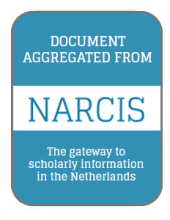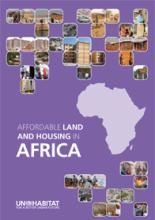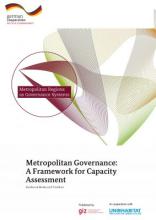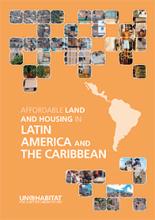Land Library
Welcome to the Land Portal Library. Explore our vast collection of open-access resources (over 74,000) including reports, journal articles, research papers, peer-reviewed publications, legal documents, videos and much more.
/ library resources
Showing items 1 through 9 of 25.Propelled by rapid urbanization, city administrations in low-and middle-income countries face a raft of challenges to secure food and nutrition for its poor urban dwellers.
The current paper examines the legitimacy dilemmas that rise from local governments' direct policy instruments and market interventions. It takes the case of public land management strategies.
Land administration is essential for urban planning and Spatial Information Infrastructure (SII). Interoperability of land administration and spatial planning will determine the success of SII utilization.
The Feasibility Discussion Paper is a key output of the feasibility phase of the NUP process in Liberia. It explains the context in which the policy will operate.
In trying to influence spatial development, people engage in discussions about distinctions between places or areas, and the roles of government and society, while they need to relate to other groups of stakeholders.
Considering ongoing, rapid urbanisation and the vast resource consumption of metropolitan areas around the world, it is important to integrate urban resource management with the design of our future cities.
In the vast majority of countries land and housing affordability is a critical contemporary challenge.
UN-Habitat and GIZ have developed the Metropolitan Capacity Assessment Methodology (MetroCAM) as a joint contribution to implement urban sustainable development agendas and bring them to the metropolitan scale. It complements the Unpacking Metropolitan Governance series.
Countries in the Latin America and Caribbean region were the first in the developing world to go through rapid urbanization.






